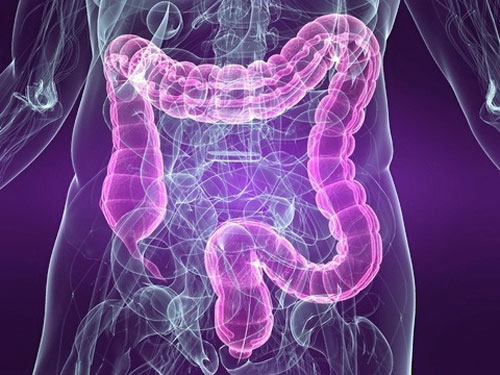I meant to post every day on this blog to update on my progress with the restricted diet. I feel bad for slagging off, but it’s been for two good reasons: 1) I totally went off the rails 10 days into the diet and ate all kinds of things I shouldn’t have in the last two weeks, which meant nothing good to report in terms of decreased symptoms, and 2) I’ve felt so overwhelmed with all the things I feel I should be doing everyday (meditation, yoga, journalling, walking… not to mention the usual day-to-day things like cooking, cleaning, working) that taking “update blog” off my to do list seemed reasonable considering I’m trying to lower my stress. I will continue to update on my progress in the next few weeks, but it won’t be every day.
However, I do have an update today, and I think it’s positive, so worth sharing.
Went to see my naturopath this afternoon and got the test results from the IgG blood panel. I guess I’m lucky, because it turns out I don’t have any problem at all with candida albicans. No yeast issue in my gut. I also don’t have any problem with gluten or wheat. In fact, all foods on the panel showed no antibody response mounted by my immune system, except for dairy (of all kinds) and soy and all soy derivatives.
After going over all of my latest symptoms – extreme lethargy, low mood, aches and pains, and of course extreme bladder pain and burning – my ND suggested I try the Low FODMAP diet for a month. She said it’s imperative I’m strict with this one in order to see any improvement. The idea is to sooth and heal my leaky gut and digestive system in general. In theory, if I eliminate sugars of all kinds, including fructose, lactose (dairy), and grains, among others, I should see a great improvement in inflammation, and therefore a decrease in pain. (I’m also going to go heavy on the veggies in order to make the diet more alkaline.) This isn’t the first time I’ve heard of the connection between grains/sugars and inflammation. This diet is much less strict than the one I was meant to be on for the past three weeks, but it’s still going to be a challenge. It’s very complicated and not at all intuitive. Some vegetables that seem very similar are okay and others aren’t. Cauliflower is not allowed, but broccoli is, for example. But I am determined to make this work. As I said to my ND today, I don’t really have much choice since diet is the major key to healing IC.
In a month I will return to my ND to get the results of a 24-hour urine hormone test. Hopefully that will add another piece to this complex IC puzzle. In the meantime, I’m going to be spending a lot of time in the kitchen and at the grocery store.
